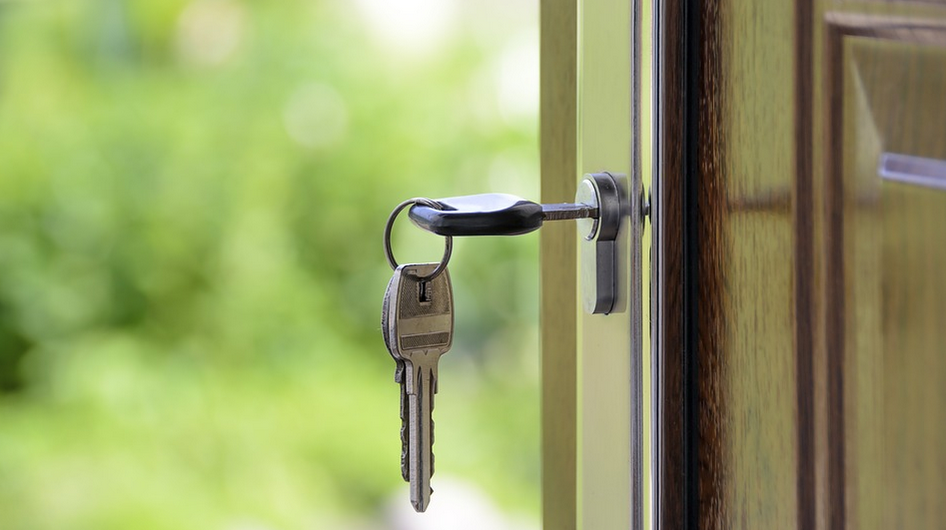January 31st, 2017.
Moving Out and Renting Your Property: The Basics

If you’re moving out of your property for whatever reason, then renting out your old abode is a great way to bring in some extra income.
Assuming that this is your plan, here is what you need to know to get your property fit for rent.
Remember to Research
It may be tempting to jump in head first and take the first tenants that walk through the door, but before this process even begins it’s important to research your rental prospects.
Take the time to research what the average rate for letting is in your local area before advertising your property to ensure your price is neither too low, nor too high, in comparison to others in your vicinity.
If you’re considering going through a letting agent then make sure you get the best deal by shopping around before making a solid decision. If you’re in a competitive area then prepare to haggle for the best price.
An agent is a useful tool, as they will take on the large majority of the leg work such as advertising your listing and showing around perspective tenants, however you will be expected to pay between 10-15% of your rental income depending on the competition in your area.
Make Time for Your Mortgage Lender
Before moving forward with your plants to rent out your property, you must make time for your mortgage lender.
Mortgage agreements are incredibly specific, and failing to inform your lender of your intentions could mean that you’re in breach of your contract.
Once you’ve spoken to your bank or lender, you’ll obtain what is known as a consent for lease. This agreement will protect you legally and allow you to continue with the renting process.
Prepare Your Property

Before allowing prospective tenants into your property, it’s vital that you decide whether to list it as furnished or unfurnished.
If you do decide on listing your property as furnished, then doing a few final checks can save you the hassle of repairs or replacements.
Think:
1. Does anything need to be repaired?
2. Are there any personal items in the property?
3. Does it need a makeover before moving forward?
Doing these simple checks before continuing with the process means a lot less trouble for you in the long run. Alongside this you’ll be able to know exactly what was in need of fixing before tenancy took place, meaning if anything is broken by your new dweller you know exactly who’s at fault.
Test Out Your Tenants
Whether you’re a first time landlord or seasoned proprietor, vetting your tenants before signing on the dotted line may be a great way to ease those contractual anxieties.
If you have decided upon using an agent to transition you through the process, then they will perform credit and reference checks on your behalf to ensure perfect clarity.
Ensure You Have Insurance
Alongside meeting with your mortgage lender, it’s vital that you inform your insurers of your intention to rent out your property.
You will also be eligible for landlord’s insurance which will cover you, the property and your financial investment, meaning that should your tenants fail to pay their rent at the agreed date, you won’t suffer financially for their misstep.
Read More Property Guidance
If you’d like to know more about becoming a landlord, or how to finance a property investment, then take a look at a few of our blogs below or get in contact with our friendly team of commercial finance brokers
How Long Does It Take to Build a Property Portfolio?
Investment Across Oceans: Financing a Holiday-Let Property Abroad
The Pure Commercial Finance Guide to Buy-to-Let Investment





